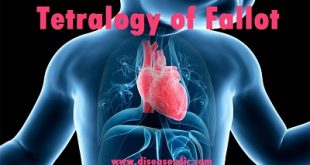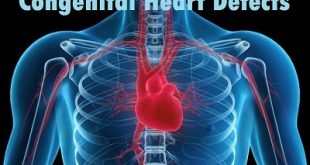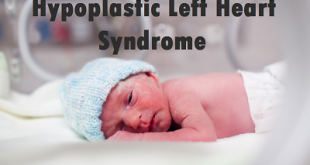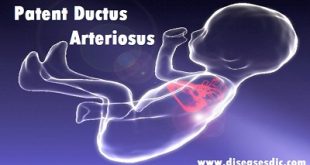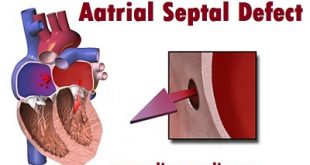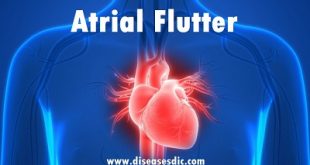Definition Heart murmur is an extra or abnormal sound that is heard during cardiac auscultation (when your healthcare provider listens to your heart with a stethoscope). A murmur doesn’t cause noticeable effects on its own. Certain heart murmurs are completely harmless and are not associated with any health problems at …
Read More »Cyanotic heart disease (CHD) – Types, Causes, and Treatment
What is Cyanotic heart disease? Cyanotic heart disease (CHD) involves heart defects that reduce the amount of oxygen delivered to the rest of your body. It’s sometimes called critical congenital heart disease. When a baby is born with CCHD, their skin has a bluish tint, called cyanosis. CHD is often …
Read More »Tetralogy of Fallot – Overview, Risk Factors and Treatment
Definition Tetralogy of Fallot is a combination of four heart defects that can result in a baby turning blue or cyanotic because of a lack of oxygen in the blood. It usually is diagnosed in infancy. The heart consists of four chambers: the two upper chambers, called atria, where blood …
Read More »Congenital Heart Defects – Types, Causes and Treatment
Definition Congenital heart defects (also called CHDs) are heart conditions that a baby is born with. These conditions can affect the heart’s shape or how it works or both. CHDs can be mild or serious. CHDs are the most common types of birth defects. Birth defects are structural changes present …
Read More »Hypoplastic Left Heart Syndrome (HLHS) – Overview
Definition Hypoplastic left heart syndrome (HLHS) is one of the most complex cardiac defects seen in the newborn. It is one of the most challenging to manage of all congenital heart defects. It is one of a group of cardiac anomalies that can be grouped together under the description single …
Read More »Patent Ductus Arteriosus (PDA) – Causes, Treatment and Prevention
Definition Patent Ductus Arteriosus is a heart problem that is frequently noted in the first few weeks or months after birth. It is characterized by the persistence of a normal prenatal connection between the aorta and the pulmonary artery which allows oxygen-rich (red) blood that should go to the body …
Read More »Atrial septal defect – Types, Symptoms, and Diagnosis
Definition Atrial septal defect (ASD) is a congenital heart disease in which there is an opening in the wall (the atrial septum) between the heart’s two upper chambers (the right and left atria). An ASD is one of the defects referred to as “a hole in the heart.” Normally, the …
Read More »Atrial flutter – Causes, Types, Treatment and Prevention
Definition Atrial flutter is a type of heartbeat problem (arrhythmia) that usually causes a fast heart rate. This fast rate is caused by changes in the electrical system of your heart. Normally, the heart beats in a strong, steady rhythm. In atrial flutter, a problem with the heart’s electrical system …
Read More » Diseases Treatments Dictionary This is complete solution to read all diseases treatments Which covers Prevention, Causes, Symptoms, Medical Terms, Drugs, Prescription, Natural Remedies with cures and Treatments. Most of the common diseases were listed in names, split with categories.
Diseases Treatments Dictionary This is complete solution to read all diseases treatments Which covers Prevention, Causes, Symptoms, Medical Terms, Drugs, Prescription, Natural Remedies with cures and Treatments. Most of the common diseases were listed in names, split with categories.


